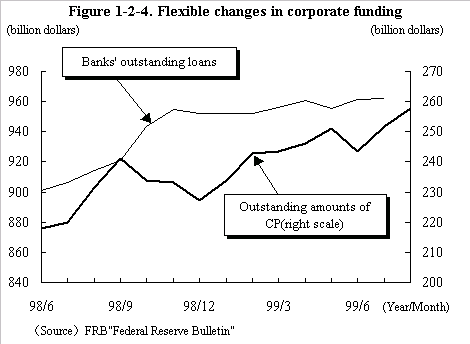How Does Stock Investing Affect the US Economy
Post on: 25 Май, 2015 No Comment

Stocks are how companies get funded to grow larger. Usually, when someone wants to start a business, they pay for it with loans or even their own credit cards. Once they grow the company enough, they can get bank loans, or even float their own bonds to individual investors. But, eventually they will need a lot of money to really take the business to the next phase.
This is when they will sell the first stocks, called taking the company public. The benefits of the Initial Public Offering (IPO) is that it raises a lot of cash quickly, and it signals that a company is successful enough to afford the IPO process. The only drawback is that the founders no longer owns the company because they have sold it to the stockholders. However, they can retain a controlling interest in the company if they own 51% of the shares.
Since the U.S. stock market is so sophisticated, it’s easier to take a company public. This helps the economy grow, since it provides a boost up to companies wishing to grow very large. The stock market’s sophistication means that information on companies is easy to obtain, and this increases the trust of investors from around the world. As a result, the U.S. stock market attracts more investors, making it even easier for a U.S. company to go public.
The stock market is also an economic indicator of how well the U.S. economy is doing. If investors are confident in the economy, they will buy stocks. Some experts believe it can often predict by about six months what the savviest investors think the economy will be doing. For that reason, the stock market usually rises in the expansion phase of the business cycle .
Since the stock market is a vote of confidence, a devastating crash can hurt economic growth. Lower stock prices means less wealth for businesses, institutional investors and consumers. That reduces capital expenditures and consumer spending, which drives nearly 70% of the economy. For more, see What Are the Components of GDP?
If stock prices stay depressed long enough, then new businesses can’t get the funds needed to grow. Companies that had invested their cash in stocks won’t have enough to pay employees, or fund pension plans. Older workers will find they don’t have enough money to retire. For more, see Could a Stock Market Crash Cause a Recession?
However, over time, the stock market is the best way to beat inflation. That’s because, on average, stock prices have increased 10% annually. That more than compensates most investors for the additional risk. Article updated March 5, 2015.














